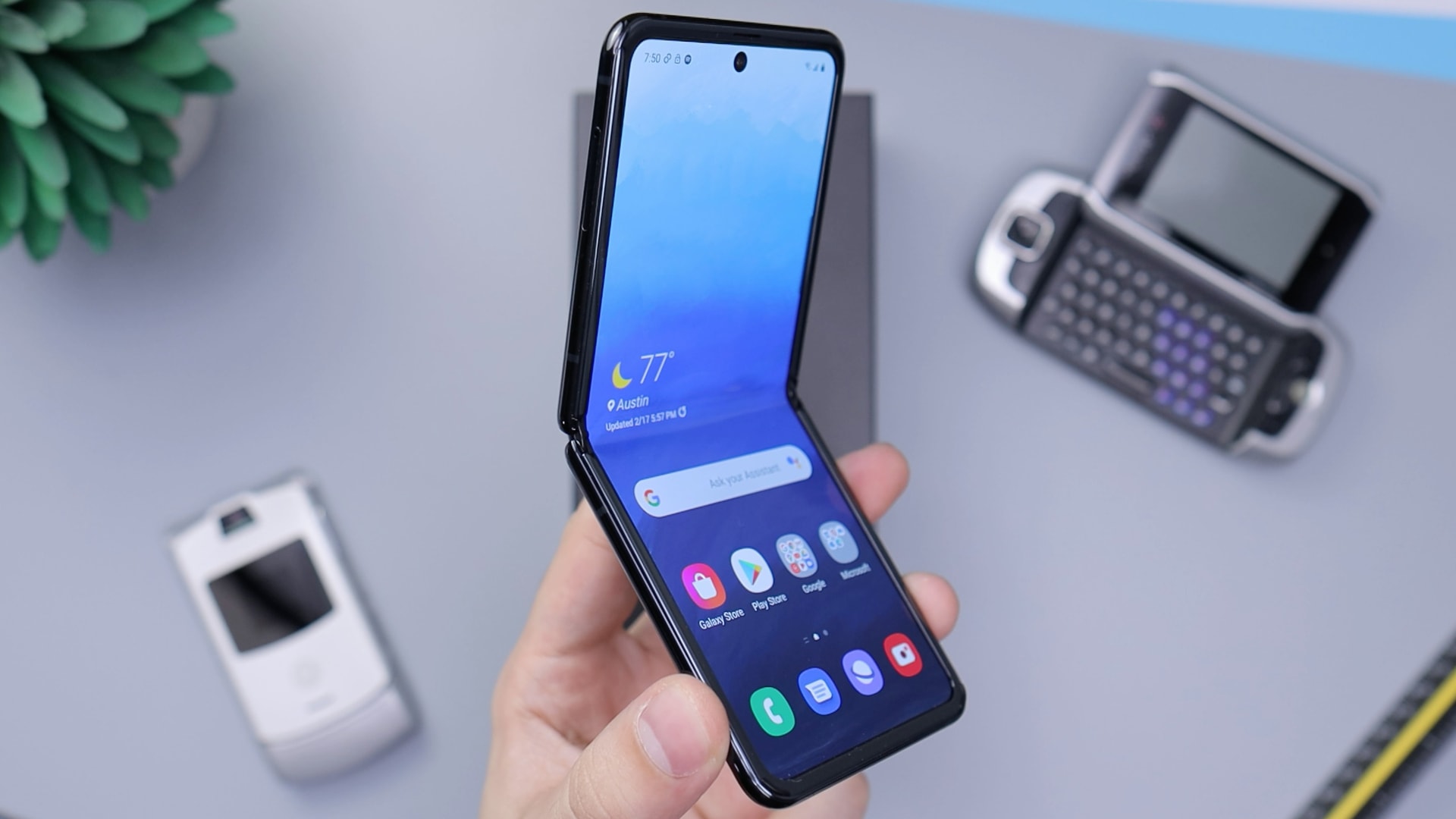Apple has reportedly delayed the launch schedule for a foldable iPhone from the fourth quarter of 2026 to the first quarter of 2027.

Industry publication DigiTimes cited a report by Korean-language Alpha Biz claiming suppliers are having a hard time meeting Apple’s specifications for foldable panels.
The company needs sophisticated parts to build a foldable device that would be half as thin as the current models and with no folding crease on the screen.
The wait for a foldable iPhone continues
Earlier in 2024, The Information said Apple had built two iPhone prototypes, one that folds widthwise like a clamshell and the other a top-down flip phone.
It’s believed the prototypes passed Apple’s durability tests four years earlier, but the company reportedly paused development over technical challenges.
One of the common problems of foldable devices is screen durability. Foldable smartphones often develop a crease in the middle of the display over time that ruins the experience.
The Information claims Apple has been working on a hinge that would enable the display to lie flat when unfolded and work with Apple Pencil.
Apple’s discontinued and delayed projects
Could a foldable iPhone meet the same fate as Apple’s discontinued electric car project? It’s hard to tell, but it’s worth noting that anything is possible at this point. Although Samsung hasn’t shied away from selling foldable devices, Apple’s brand would be tarnished if the company put out a half-baked product with poor reliability.
The recent rumors indicate that Tim Cook & Co. are streamlining development efforts by delaying or killing multi-year projects that have failed to materialize.
For example, the company is no longer developing micro-LED screens for Apple Watch and other devices. However, Apple could still buy micro-LED screens from its suppliers when the technology has matured enough to be commercialized.
The iPhone may not get under-display Face ID until 2027 at the earliest, if ever. And a refreshed iPad Air with OLED panels isn’t expected before 2028.